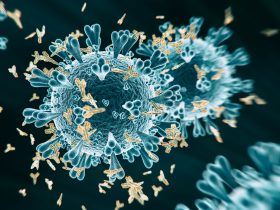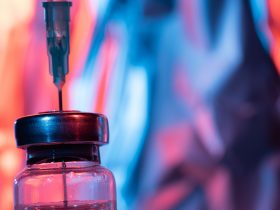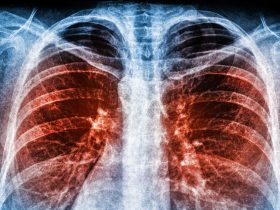WEDNESDAY, Dec. 23, 2020 (HealthDay News) — There is no evidence of placental infection or vertical transmission of severe acute respiratory syndrome coronavirus 2 (SARS-CoV-2), according to a study published online Dec. 22 in JAMA Network Open.
Andrea G. Edlow, M.D., from Massachusetts General Hospital in Boston, and colleagues quantified SARS-CoV-2 viral load in maternal and neonatal biofluids, transplacental passage of anti-SARS-CoV-2 antibody, and incidence of fetoplacental infection in a cohort study involving 127 pregnant women. Overall, 64 and 63 of the women were positive and negative, respectively, for SARS-CoV-2 by reverse transcription-polymerase chain reaction testing.
The researchers observed no detectable viremia in maternal or cord blood and no evidence of vertical transmission in viral load analyses among 107 women. One of 77 neonates tested in whom SARS-CoV-2 antibodies were quantified in cord blood had detectable immunoglobulin M to nucleocapsid. SARS-CoV-2 RNA was not detected in any of the 88 placentas tested. Of 37 women with SARS-CoV-2 infection who underwent antibody analyses, 65 and 70 percent had anti-receptor-binding domain immunoglobulin G and anti-nucleocapsid, respectively. Transfer of anti-SARS-CoV-2 antibodies from mother to neonate was significantly lower than anti-influenza hemagglutinin A antibody transfer (mean cord-to-maternal ratio: 0.72, 0.74, and 1.44 for anti-receptor-binding domain immunoglobulin G, anti-nucleocapsid, and anti-influenza, respectively).
“Our finding of compromised mother-to-baby transfer of SARS-CoV-2-specific antibodies in third trimester infections has implications for maternal vaccine administration,” Edlow said in a statement. “Specifically, it highlights that pregnant women are a key population to consider in vaccine rollouts.”
Several authors disclosed financial ties to the biopharmaceutical and medical technology industries.







